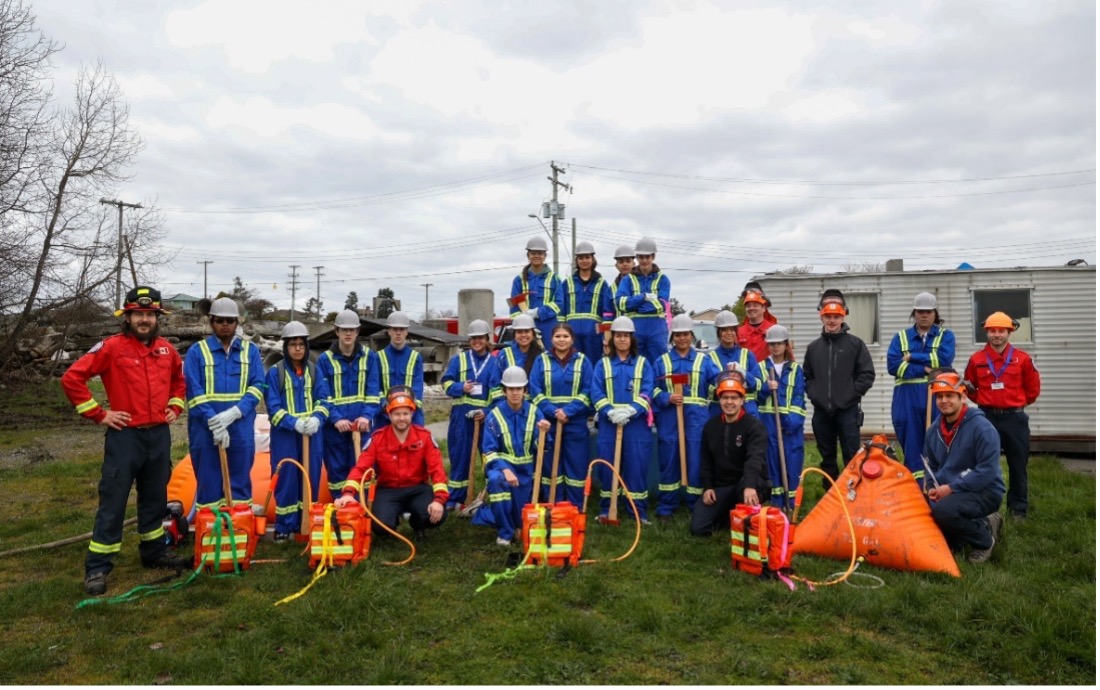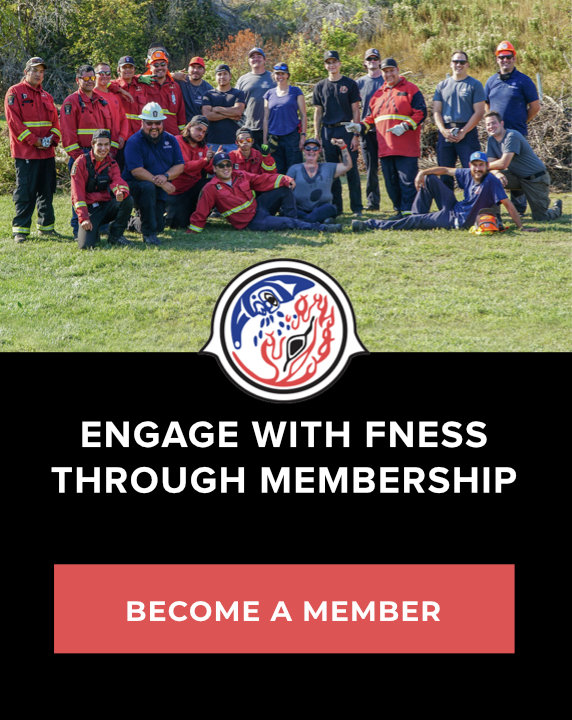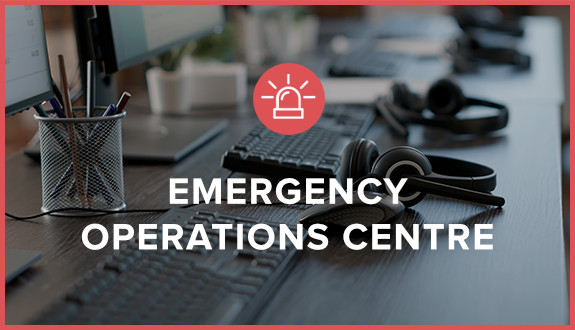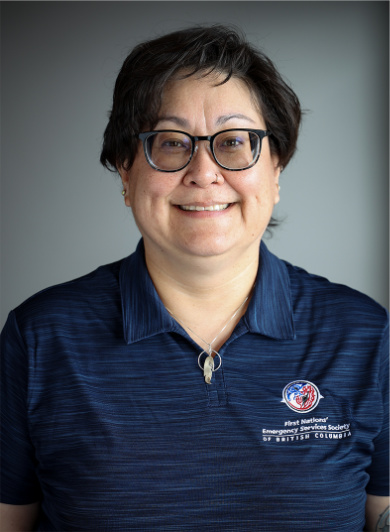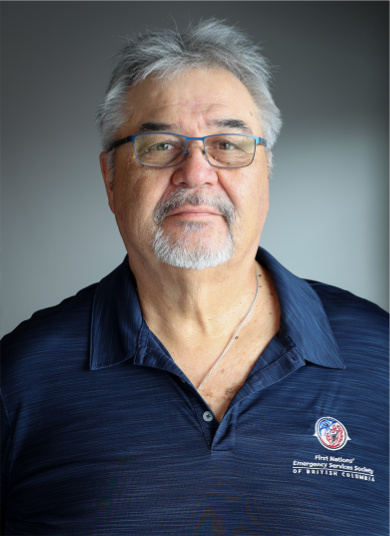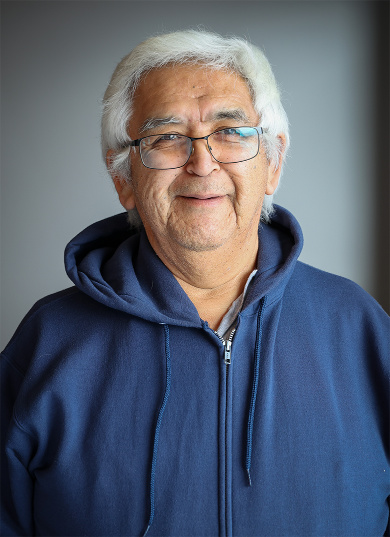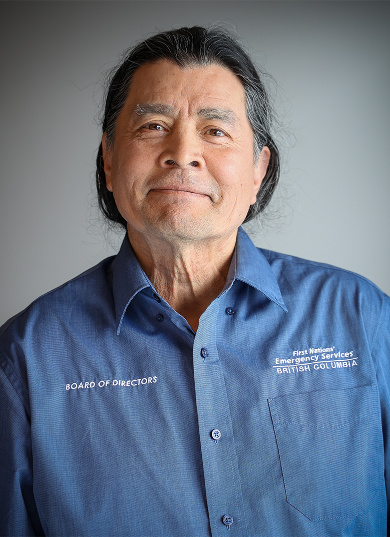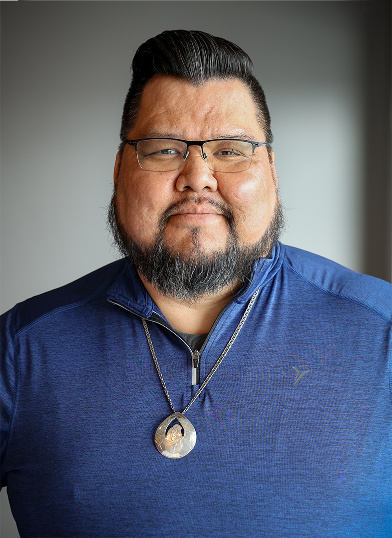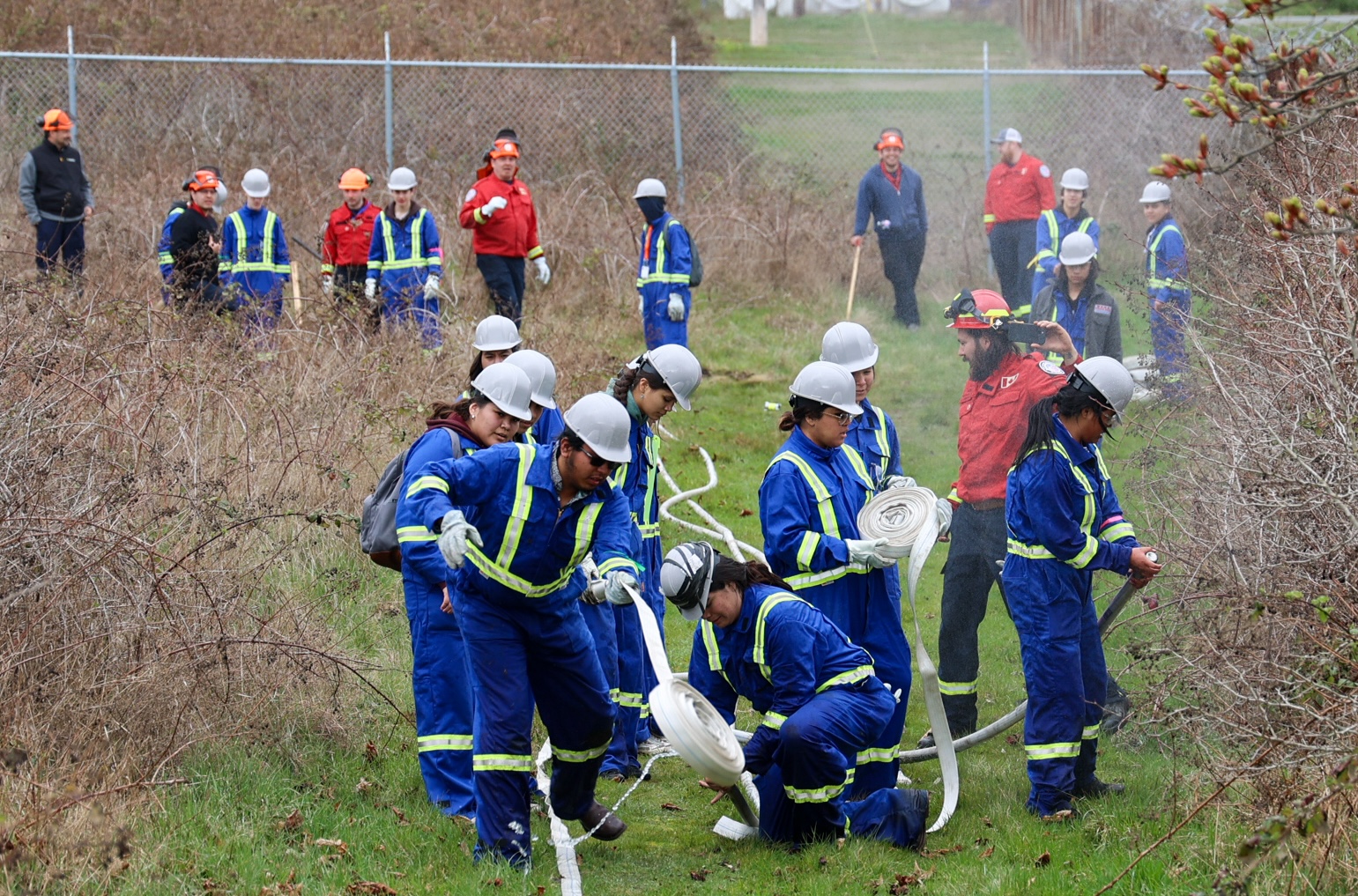
Gathering Our Voices 2024 (GOV) hosted in Victoria, BC, witnessed an exciting event as we hosted our first Wildfire and Flood Bootcamp for Indigenous youth. On the first day of the bootcamp, 20 enthusiastic students eagerly participated in a day filled with learning, empowerment, and hands-on experience alongside our very own seasoned experts from First Nations’ Emergency Services Society (FNESS).
FNESS has attended GOV many times to host our structural firefighter youth bootcamps, but this was the first year other teams from across the organization joined in to teach about other emergency services. This newly launched bootcamp was developed by FNESS’ Wildfire Division and Response Team and showcased a comprehensive curriculum covering essential aspects of wildfire management, including:
- Initial attack and expanded attack strategies
- Structural protection training
- Lightship training
- Immersive tours of FNESS’s cutting-edge fuel mitigation and flood response trailers
Initial Attack: pre-emptive measures for efficient fire suppression
Central to the bootcamp was a wildfire response strategy known as Initial Attack – a proactive approach aimed at containing wildfires while they are still small. Students quickly learned that this approach not only demands fewer resources, but also enhances the safety of our firefighters, our communities, and our forests.
The fundamentals of initial attack methods starting from the most basic to the most aggressive were explained to the students and these were a few of the skills they learned:
- Containment by using various hand tools and mineral guard construction
- Hand tank pump accuracy and speed
- Initial attack pump usage
- Initial attack basic hose lay
Led by experienced instructors, the students brought all these skills together and worked as a team to contain a fictitious initial attack fire.
When these skills and abilities are used on a real wildfire, this strategy seeks to pre-emptively contain 92% of wildfires at their inception, preventing the need for escalationto expand attack measures. Ultimately, protecting lives and communities and preserving the natural beauty of our lands.
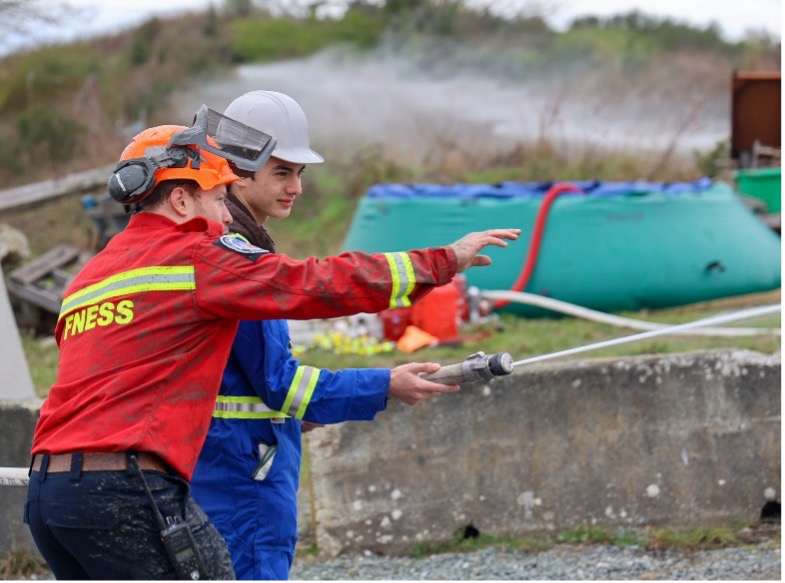
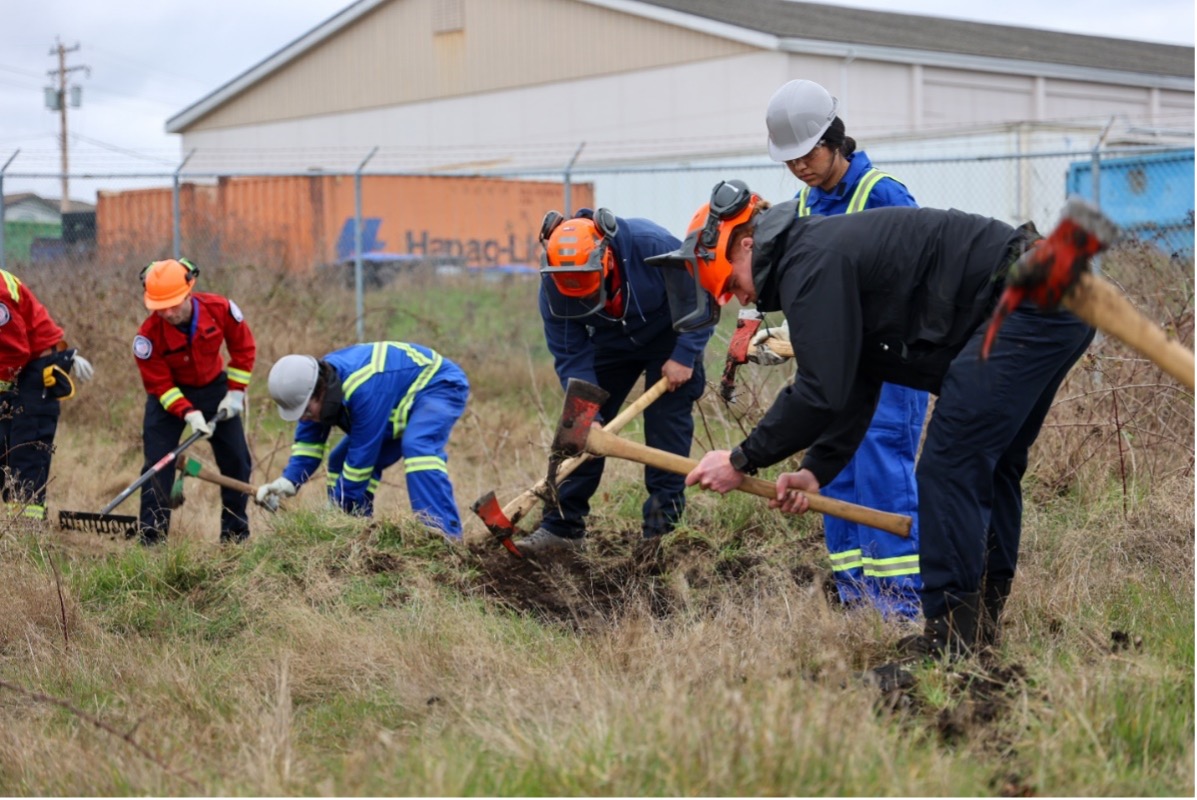
Two of the instructors leading the initial attack training were Rob Bosse, FNESS Wildfire Division Supervisor and Wildfire Specialist, and Ryan Lewis, FNESS Wildfire Specialist. Before coming to FNESS, both Rob and Ryan worked for BC Wildfire Service as Initial Attack Crew Leaders for many years and we’re grateful that they were able to share their wealth of experience with the students.
Reflecting on the experience, Rob Bosse, shared:
“With 14 years as an Initial Attack (IA) crew leader I intimately understand the importance of mentorship, empowerment, and succession. It was amazing to see all the excited faces getting off the bus that chose our session when they had so many events to choose from. The highlight for me when a young girl blurted out to her group mid-session ‘I can’t wait to get home and tell everyone what we did here their going to be so jealous!’ Here’s to hoping that this spawns even more future wildland firefighters getting on the bus in 2025. I can’t wait!”
Ryan Lewis also shared in Rob’s excitement and appreciated the opportunity to influence young lives and leave a lasting impact. He said:
“It’s truly heartening to see young participants express interest in pursuing a career in wildfire management. Their enthusiasm speaks volumes about the impact of our training programs in igniting passion and fostering a new generation of skilled firefighters.”
Expanded Attack: Teamwork & Leadership in Action
Following a dynamic morning session, the bootcamp transitioned to an expanded attack fire situation, simulating larger-scale fire suppression efforts. In expanded attack, fires are known as “project fires” and the crews are larger and referred to as “Unit Crews.” Learning about Unit Crews and how they’re beneficial in fire suppression was a great lesson in teamwork. Under the guidance of expert mentors, students learned basic skills to show them what it’s like to be on a fireline. Some of these skills and tactics included:
- Mineral guard construction
- How to choose a good water source
- Pump operation
- Fire suppression with econoflow hose
- Basics of structure protection
Leading the expanded attack training were two of FNESS’ Wildfire Specialists: Terrence Pierre and Matt Nelson. Terrence and Matt have 19 years of combined experience working in expanded attack for BC Wildfire Service and their willingness to share their expertise and passion with the students was not taken for granted.
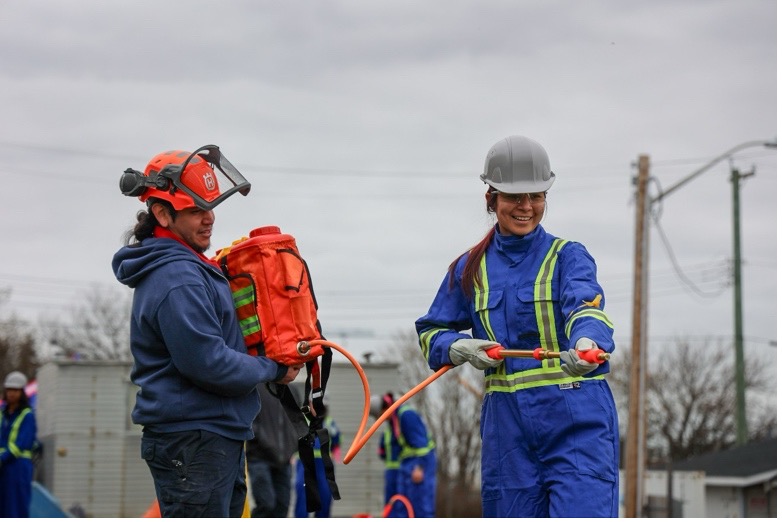
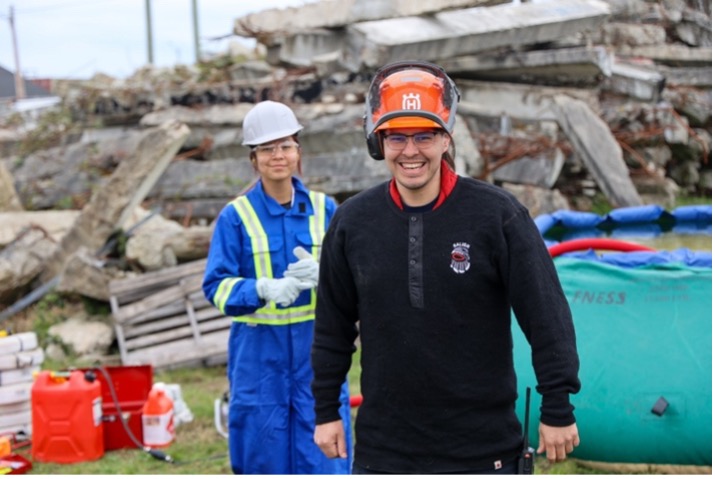
Terrence Pierre said witnessing moments of laughter, excitement, and leadership amongst the group was rewarding and that:
“Working in a larger group setting, it was great to see a few select youth having the confidence to step up and take on a leadership role among their peers encouraging others to learn, work hard, and be curious about what the job of being a Wildland Firefighter is about.”
Expanding on Terrence’s comments, Matt Nelson shared one of his favourite moments of the bootcamp:
“During the progressive hose lay race, the students had to push a hardhat across the ground with a one-and-a-half-inch hose while extending more to be able to reach the finish line. During the race, the energy was ecstatic, and everyone was trying to get their team to win. Then, a hose burst and drenched a student from head to toe. Everyone froze, even the instructors not knowing how the student would react. With a laugh the student shouted, ‘Quick we got to fix it before we lose!’ Just like that smiles and good feelings washed over everyone. In that moment, I saw the true spirit of the bootcamp.”
Looking Ahead: Inspiring Future Generations of Indigenous Firefighters
As the sun set on an exhilarating day of learning and growth, the FNESS team reflected on the success of the bootcamp. Capturing the spirit of event, Ryan Lewis said:
“Hearing from these kids after the fact, expressing their eagerness to dive deeper into the world of firefighting, reinforces my belief in the power of education and mentorship. We are not just fighting fires; we’re nurturing a community of dedicated individuals committed to safeguarding our lands and communities.”
Plans are already underway to expand and enhance the Wildfire and Flood Bootcamp, nurturing a new generation of skilled and passionate firefighters and we invite you to join us for an even more exhilarating Wildfire Bootcamp at GOV 2025!
FNESS extends its gratitude to all participants, mentors, and supporters who made the Wildfire and Flood Bootcamp a resounding success. As we look forward to the future, let us continue to inspire and empower the next generation of Indigenous firefighters, ensuring a safer and more resilient British Columbia for generations to come.
